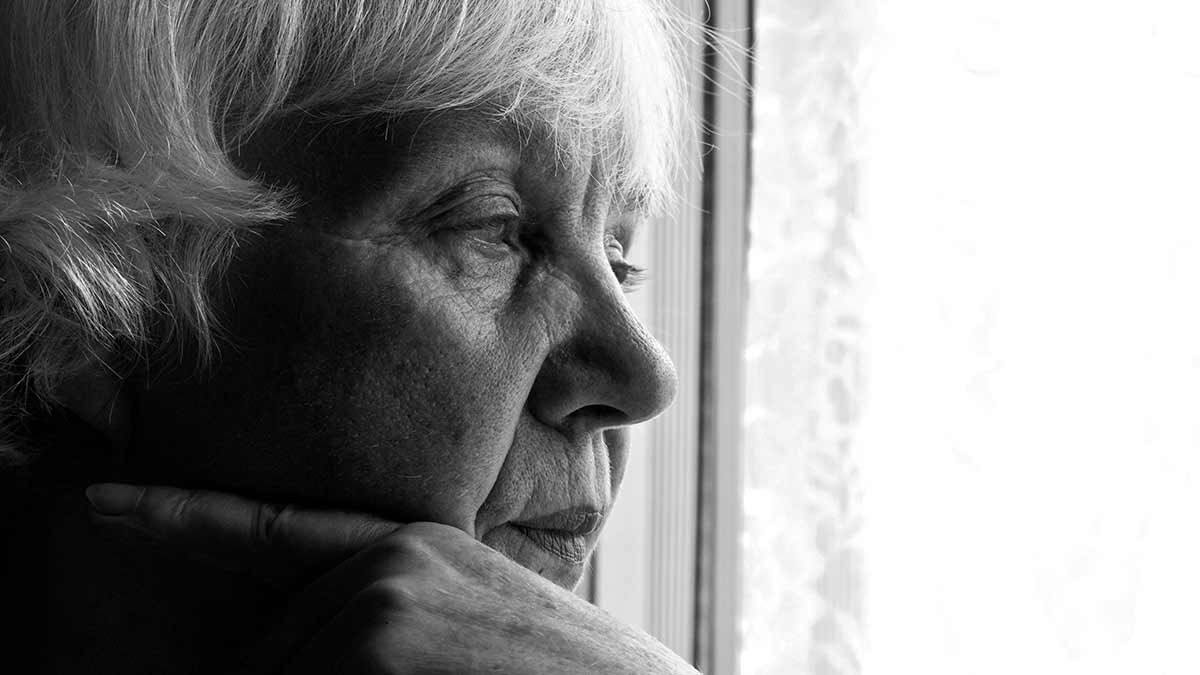
The Land of the Free, Unless You Live in a Nursing Home
We’re trained to think about medicine in a certain way. Pharmaceutical companies exist to help patients and ease suffering, and the health care workers who administer these drugs are benevolent healers who always make the best interest of the patient their primary concern. And there are undoubtedly plenty of cases where this is true, but sometimes, especially when it comes to society’s most vulnerable members, so-called medical treatment becomes nothing more than an excuse to rob individuals of their rights and their freedoms.
The AARP has been highlighting a multi-year investigation into the practices of America’s nursing homes. In an alarming number of cases, elderly residents have been given powerful and dangerous drugs without their consent. In addition to the illegality and the moral transgressions against the residents’ autonomy, in some cases this practice has had deadly consequences.
In one example, Bobby Glenn Tweed, 78, was given psychotropic drugs known to be dangerous to the elderly, and as a result, died ten months after his admission to a nursing home, despite being in fine physical health. His family was not consulted on the use of the drugs.
Tweed’s case is not an outlier. Antipsychotic drugs are routinely used in nursing homes, often without good reason. According to research from the University of California, San Francisco, up to one in five patients in 15,500 nursing homes has been inappropriately prescribed a dangerous drug.
Staff maintain that the drugs are used to help patients who may be a danger to themselves or others. This is a smokescreen, however. If a patient is engaging in assault, then that is a legal matter for the police to deal with, but otherwise, there is no way of knowing beforehand when someone may be dangerous, and utterly inappropriate to drug someone based on what you think they “might” do. More likely, patients are simply an inconvenience to staff, and keeping them drugged up makes them more manageable.
This is not surprising. Indeed, the very purpose of nursing homes themselves is to house people who would otherwise be inconvenient to their relatives or to society at large. Children who do not want to have to take care of their elderly parents outsource the job to professionals, where sedatives can be a substitute for compassion.
The pretense of “medical care” is used to give legitimacy to what would otherwise be a crime. When a man administers a sedative to a woman he meets in a bar without her consent, it is regarded as assault. It is no less reprehensible for nursing home workers to drug their charges without consent in order to make their jobs a little easier.
American society is now at a stage in which unproven allegations of mental incompetence can be used to rob our fellow human beings of their liberty and their dignity, with only the opinion of a so-called expert required to do so. And while the legal team of the AARP has won some commendable victories in exposing wrongful death and mistreatment of the elderly, these cases only scratch the surface of the deeper problem.
The elderly do not cease to be human. Their rights are not forfeited when they reach a certain age. That they should be so misused against their wills is a damning indictment of a system that ought not be possible in “the land of the free.”
This article originally appeared on Conservative Review.
Free the People publishes opinion-based articles from contributing writers. The opinions and ideas expressed do not always reflect the opinions and ideas that Free the People endorses. We believe in free speech, and in providing a platform for open dialogue. Feel free to leave a comment.



